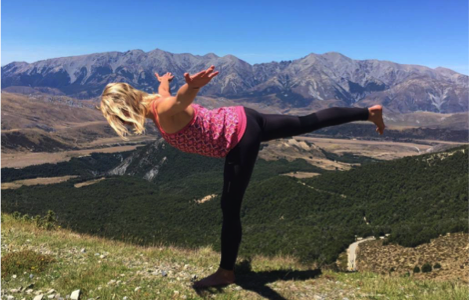CUMBERLAND PHYSIOTHERAPY PARRAMATTA: If you’ve ever started a new hobby and noticed your balance isn’t quite up to scratch, it can be quite a disturbing discovery. Balance is an important part of many activities and if your balance is not being challenged regularly, it’s easy for it deteriorate without you noticing.
What is balance?
Keeping your balance refers to a state where your centre of gravity is maintained over your base of your support, preventing you from falling. Your body is always working hard to keep this equilibrium without you realising it. Balance is controlled by many systems that work together, including the visual, vestibular, proprioceptive and musculoskeletal systems.
What is proprioception?
Proprioception refers to the awareness of your body’s position in space. The central nervous system gains sensory input from the muscles, skin and tendons and interprets the information, creating a sense of where your body is positioned. This is how you know your foot is flat and ready to take your weight when you step, without needing to look at it. You may not have heard of proprioception before, but it is vital to keep you from falling and can be improved.
How can I test my balance?
Your physiotherapist is able to assess your balance more extensively, however here are a few quick tests you can do at home to see if your balance can be improved.
Stand with two feet together and close your eyes.
Try again, this time standing on one foot. Close your eyes only once you have found a steady posture with your eyes open.
To increase difficulty, stand on an uneven surface, like a pillow on the floor.
Aim to balance for at least 30 seconds in each of these postures. If you can’t have a chat with your physiotherapist and see if your balance can be improved. They will be able to offer you some practical tips on how to reduce falls and injuries.

